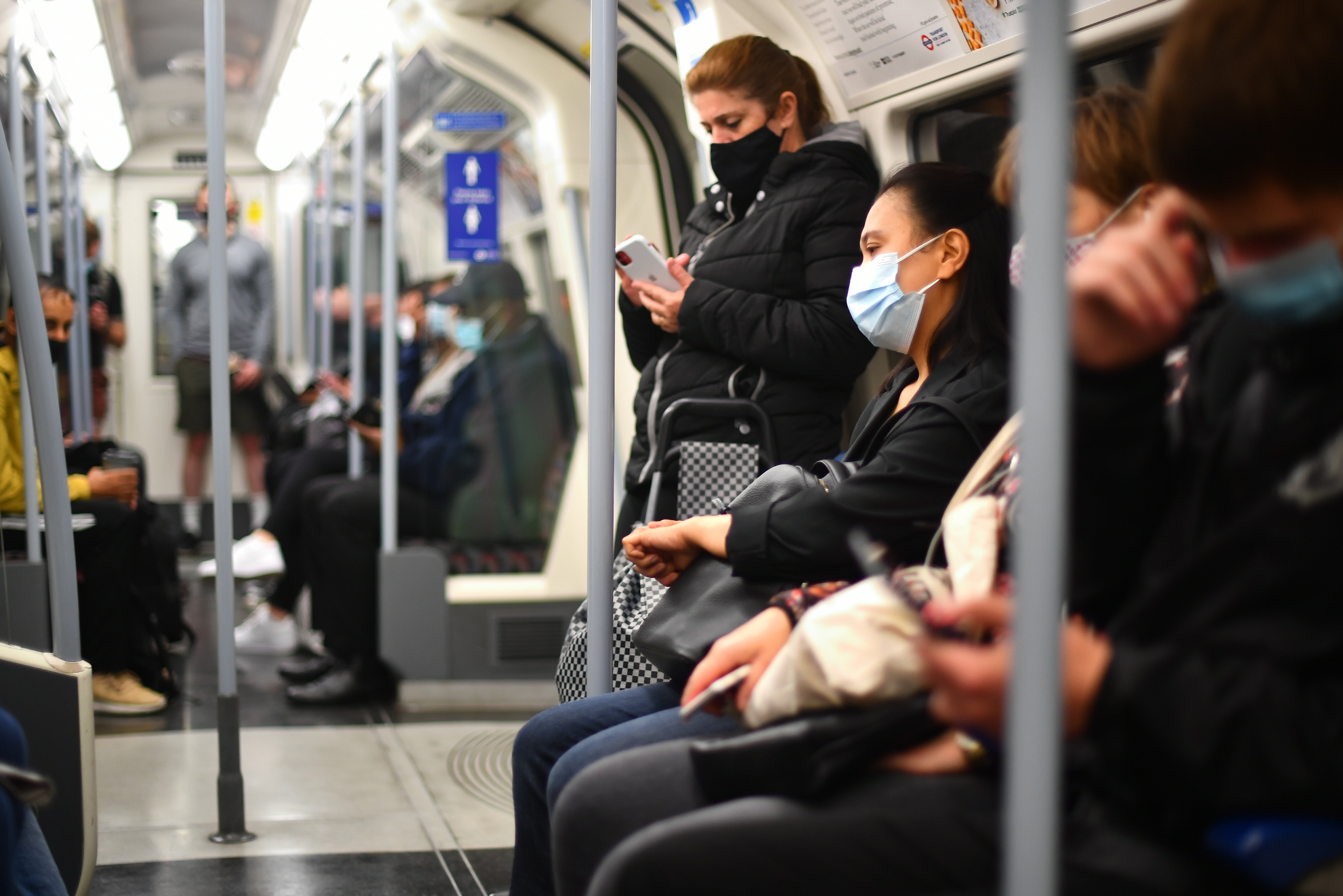Covid weekly deaths return to levels last seen in March
NHS chief warns NHS under pressure with 6,864 Covid patients in hospital

The weekly number of deaths involving Covid-19 has increased to almost 1,000 a week – similar to levels last seen in March.
According to the latest data from the Office for National Statistics, there were 995 deaths across England and Wales in the week to 5 November mentioning coronavirus.
This was up from 859 deaths involving Covid in the previous week, and accounted for 8.6 per cent of all deaths.
The last time deaths were above 900 was in the week ending 19 March.
Across the whole UK, the number of deaths registered in the latest week was 13,209. This is 1,943 more than the five-year average of deaths with 1,194 involving Covid –150 more than in the previous week.
Deaths involving the virus have been rising over the past four weeks, but remain significantly lower than those registered during the second wave.
At its peak, some 8,433 deaths involving coronavirus were registered in the week to 22 January.
The highest number that occurred on a single day was 1,484 on 19 January.
Boris Johnson has urged people to get their Covid booster jabs after government scientists approved plans for people aged above 40 to be included in the rollout.
He also warned of a “blizzard from the east” that could derail his hopes for a Christmas free of disruption from coronavirus restrictions. This was a reference to rising infections in Europe, although the UK still has more Covid cases than the majority of European nations.
Speaking BBC Radio 4's Today programme on Tuesday, NHS England’s chief executive Amanda Pritchard said the NHS was facing “really significant pressures”.
She said: “We've seen now half a million people in hospital with Covid, and of course at the same time rolled out the fastest and largest vaccination programme in our history.
"But we are facing really significant pressures. Yesterday there were 6,864 patients in hospital with Covid. We've seen demand rebound for urgent emergency care services – the most recent data that we published just last week tells that story very clearly: the highest-ever number of 999 calls in a month and over 1.4 million people treated in A&E departments. Colleagues are giving really significant focus to recovering services affected by Covid – especially tackling backlogs; and we're maintaining that vaccination programme.
"The other thing is the pressures on social care too and that has an impact on us – thousands of patients in hospital need social care support to go home safely."
Asked when the NHS will "get back to normal" she said that depended on what happened next with the pandemic and how much more demand the health service sees.
Join our commenting forum
Join thought-provoking conversations, follow other Independent readers and see their replies
Comments